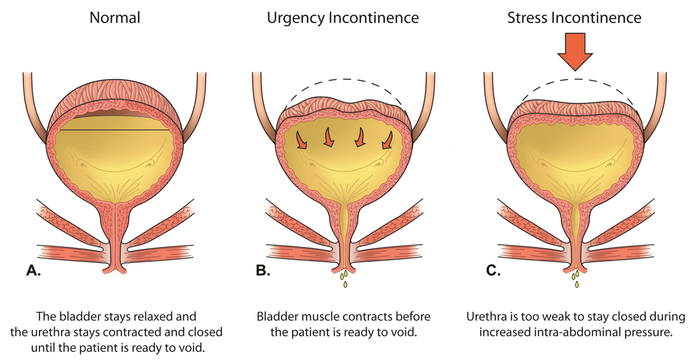+91-9119134481
Malviya Nagar, Jaipur
+91-9119134481
Malviya Nagar, Jaipur
+91-9119134481
Malviya Nagar, Jaipur
Urinary incontinence (UI) refers to the involuntary leakage of urine, which can vary in severity from occasional minor leaks to complete loss of bladder control. It is a common and often distressing condition that can significantly impact quality of life.
Stress Urinary Incontinence (SUI):
Urge Urinary Incontinence (UUI):
Mixed Urinary Incontinence:
Overflow Incontinence:
Functional Incontinence:


Best Gynecologist in Jaipur
Copyright © 2024 Genesis Clinic. All rights reserved.
Designed & developed by GrowBizon